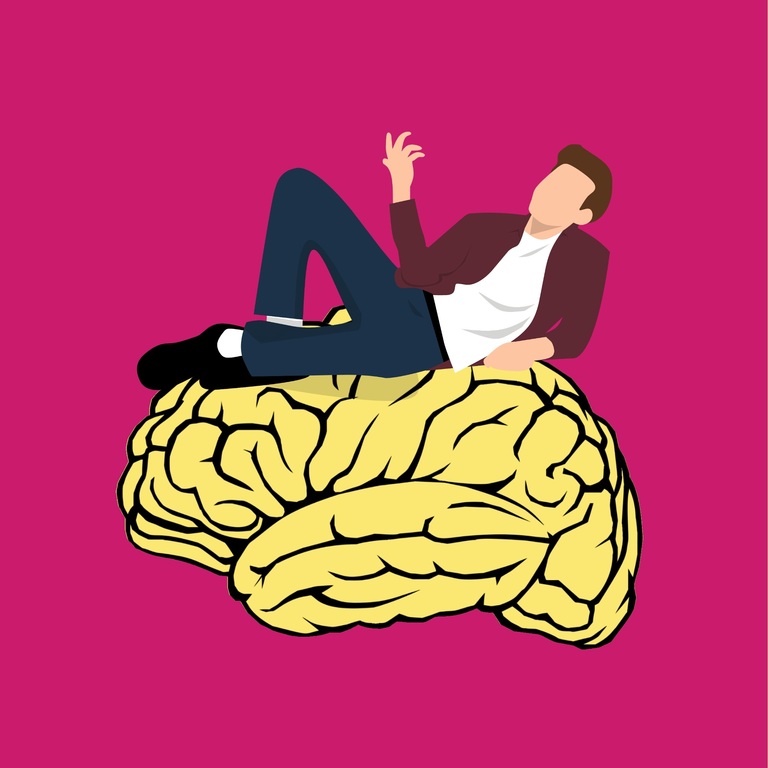Brain chemistry and its effects on maturity
Science shows evidence that teenage brains are dangerous.
You may have heard the rumor that the human brain reaches maturity at the age of 25, but is that completely true? Well, according to recent scientific studies, it is!
In a podcast with npr.org, neuroscientist Sandra Aamodt explained the facts about brain maturity. According to her, the prefrontal cortex of the brain starts to develop during puberty, but doesn’t finish developing until around the age of 25. The prefrontal cortex is the part of the brain that helps you plan and organize things, which can help you reach important goals in your life. Puberty is also when your brain’s “reward system” is very active, which means teenagers are more likely to put themselves at risk in hopes of being rewarded. This can be very dangerous, and it makes teenagers more susceptible to peer pressure. As your brain reaches maturity, the reward system becomes less active.
After finding out that the brain doesn’t reach maturity until the age of 25, many people are wondering if 18 should still be the age of adulthood. There are also people arguing for raising the legal drinking age from 21 to 25. These can be pretty controversial topics, and naturally Armijo students had opinions.
“We should still keep 18 as the age of adulthood because it’s been that way for so long and I think it would cause too many problems if we changed the number,” said Jalisa Mason. “Also, 18-year olds are close enough to maturity that I don’t think it’s too dangerous to let them make their own decisions.”
Joshua Lejano doesn’t agree. “I think that we should push the age of adulthood up to 20, because it would give teenagers more time to figure out how they want to live their life before going out into the world,” he said.
Both of these answers make good points, but we will just have to wait and see if the government decides to make any changes regarding adulthood and maturity.
